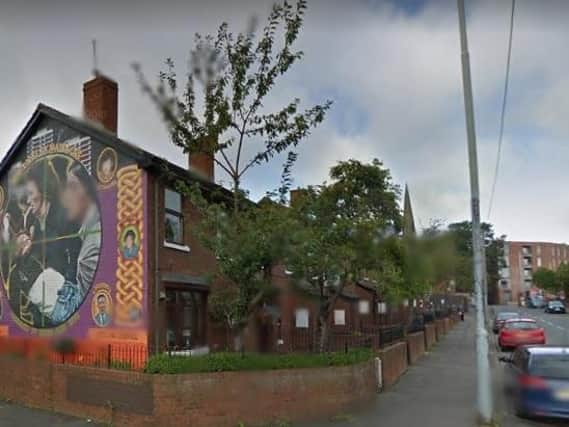New inquest into Troubles shooting in North Belfast


James McCann, James Sloan, Anthony Campbell, Ambrose Hardy, John Loughran and Brendan Maguire were killed in the New Lodge area in 1973.
A number of them were members of the IRA.
Attorney General Brenda King wrote to victims’ group Relatives for Justice (RFJ), informing it of her decision.
Advertisement
Hide AdAdvertisement
Hide AdRelatives of the dead believe the first two shootings were designed to provoke a response from the IRA.
RFJ casework manager Mike Ritchie said: “They claimed that all six were in the IRA but that is obviously not the case.
“Two were IRA personnel but not on active service at the time.”
He said the group had been out for a drink when they were shot dead by soldiers in an effort to provoke a battle with republicans.
Advertisement
Hide AdAdvertisement
Hide AdThe men, referred to as the New Lodge Six, were killed in two separate shooting incidents.
Their families believe soldiers were responsible for all the killings and that a one-day inquest in 1975 failed to properly examine the deaths.
Relatives for Justice said the coroner will be able to force the Police Service of Northern Ireland and Ministry of Defence to hand over documentation and ensure any surviving soldiers are required to attend and face cross-examination on their conduct.
It will also mean that vital testimony from eyewitnesses, whose statements were not heard by the original inquest, can be considered.